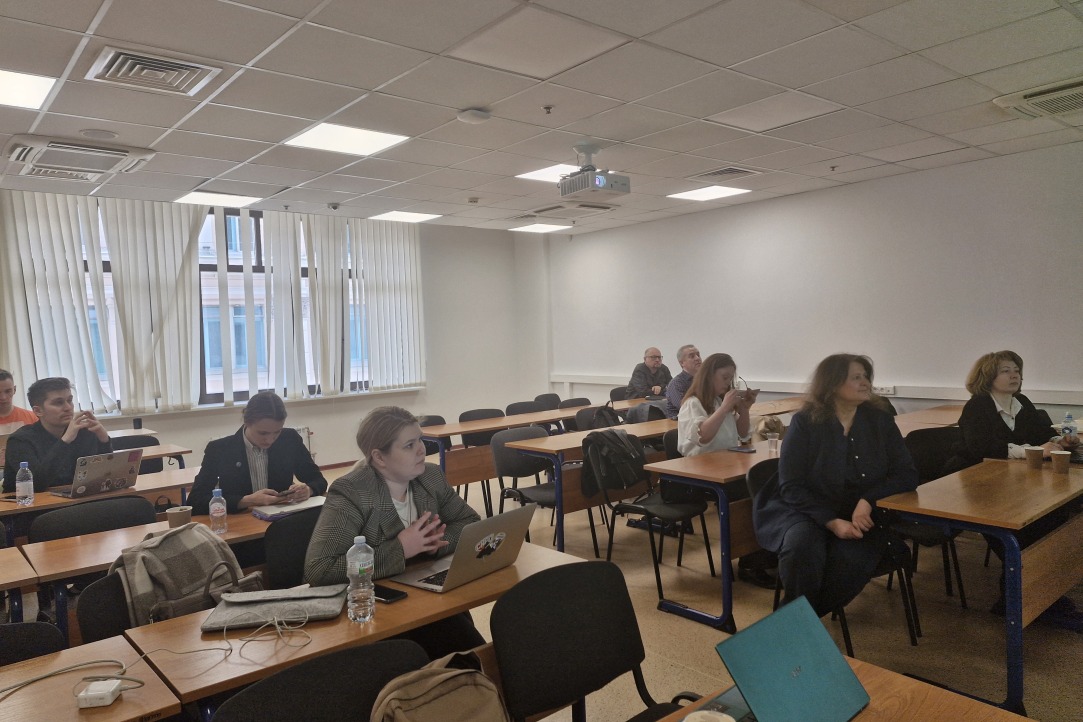Demystifying the Nature of Cultural Tightness Versus Looseness
The second day of the 13th LCSR International Workshop was opened with an honorary lecture by Michael Minkov (Varna University of Management, Bulgaria; LCSR HSE, Russia) “Demystifying the Nature of Cultural Tightness Versus Looseness”.

The construct of cultural tightness-looseness (TL) – how strongly people value different social norms and tolerate their violation – has been recognised across the scientific community with works on the topic being published in the top journals. Various researchers suppose TL to have predictive properties for socio-economic indicators of tax aversion, leadership, COVID-19 deaths and many more, which also highlights the potential of the construct. However, the index to measure TL with regards to modern nations was developed only in the beginning of the 2010s: people were supposed to evaluate their nation with regards to 6 parameters constituting its tightness or looseness.
While the measure shows good replicability and acceptable internal consistency, geographical destribution seems to be unusual: namely, countries with different cultural backgrounds show similar results on the TL scale. Previously reported shortcomings of the measure also include unclear interpretation of the index, inability to predict the reaction to norm violation (metanorms) and potential incompetence of people to report the tightness-looseness of their nations.
The present study focuses on these limitations as it draws upon the TL index data across 57 countries gathered by Eriksson et al. (2021). Firstly, self-report aggregates on the World Values Survey (freedom and norm compliance questions) were put against the national TL scores. Results show that TL scores fail to explain the majority of the WVS indicators. Moreover, controlling for individualism, TL scores do not show significant correlation with any of their predicted antecedents (e. g., infant mortality, pathogen prevalence). Additionally, tightness-looseness does not predict even metanorms, which challenges the very nature of the measured construct. Therefore, the presented study adds up to the previous TL measure critique. The lecture proposed several future research directions: for example, looking into when and if people might accurately describe their cultures, as well as studying more specific aspects of tightness-looseness.
by Sofya Kanter
Research Assistant
Michael Minkov
Academic Supervisor
